SAFE SAMBURU 2015 DIARY
Diary entries by Ali Allport, Community and Conservation Manager for The Safari Collection. For background on the Safe Samburu project, see here.
DAY 1
With a burst of energy, the Safe Kenya team arrived in Samburu.
There was lots of happy chatter as old friends were reunited. Amos, Sarah and Dan are on their third trip to Samburu, and having spent a week with Safe Samburu in November, they had a lot of catching up to do. Kadez was a new addition to the Safe Kenya team this trip and is an actor from Safe Ghetto, he fitted in immediately.
We started with a couple of fun games which generated lots of laughter and activity to help bring everyone together quickly, before we settled down to some group work.
Everyone was divided into three groups with a member of Safe Kenya leading, and they were asked to think of the things that they felt are most important to pass onto the community about HIV.
Each of the group leaders presented their thoughts to the others, which also provoked a lot more questions and discussion. Already it is clear that the preceding two days of education helped the group to gel as a team and think about HIV in more depth.
One of the subjects that precipitated a big discussion was polygamy, its role in the culture, and its relationship with HIV. Many of the elders within this community still engage in polygamy, marrying up to four wives. This tradition stems back to times when men were more often involved in fighting and many lives were lost.
There were more women than men and so they would marry more than one. This also helped the men to look after their homes, livestock, children etc. The younger, more educated generation is happier marrying one wife of a similar education level to themselves. These women would not be happy for their husband to have a second wife.
However, within the community this presents a problem, whose responsibility is it to take care of the livestock and children. I suspect as families prosper this is something that they will pay for, rather than expecting other family members to do it for them.
Using the group work, all of us worked together to decide on the Safe Samburu HIV rules – which helped provide the framework for the HIV song. Culture is of enormous value to the Samburu and the lyrics of the song were written to capture that. The song must encapsulate the social norms of the community whilst opening up the scope for change. It should have impact and provoke thought without alienating the community.
The afternoon was spent working on the translation of the HIV song from English into Maa and finding a suitable Samburu tune to work with.
The sun set on a very rewarding day with a great deal accomplished and a very positive vibe in the air.
DAY 2
An adrenaline-pumping impromptu exercise class, led by Nick, made sure everyone was awake. I’m not sure any of the Samburu team had ever done a lunge or a star jump before, most of them were paralysed with laughter, and think Nick is quite mad! A quick round of the frog game made sure that the brains were also in gear.
The rest of the morning was spent rehearsing and working through the HIV song and ensuring that the rhythm of the song and the words worked together. The wonders of modern technology meant that we were able to use a mobile phone to record the song and play it back, so the group can also hear how it sounds.
After lunch and a game of bandits (don’t ask!), the team split into their three groups to discuss the controversial subject of FGC in more depth. They were asked to consider two things: Why would people want to continue with FGC? Why girls should be spared FGC?
FGC as a practice is entrenched in this Samburu Community which currently affects 100% of girls. There is no absolute evidence as to why the practice started many years ago, but it is now championed by both men and women.
In the Loita region where SAFE MAA has been working for the last 9 years, the practice was similar, until 5 years ago all girls in that community underwent FGC. However, with the educational efforts of SAFE Maa and the involvement of the community, only 5% of girls now follow traditional practice, 75% of girls are circumcised using a much lesser procedure which is just a cut – known as the Kisasa, and an incredible 20% are using an “Alternative Right of Passage” (ARP). With the ARP, the ceremony and meaning associated with traditional FGC is the same, however the genitals are bathed in milk and no cutting takes place at all.
After the groups had completed the exercise during which they had to think about FGC, they came back together to discuss everyone’s thoughts. It’s clear that the whole group have a good understanding of the negative effects of FGC, not only the physical effects but also the more far reaching effects – killing of innocent babies; young girls feeling that they are women far too young and the associated issues; early pregnancy and early marriage. However despite that, the cultural importance of the practice is just as powerful, with parental respect being a strong reason for people to continue the practice.
Amos from The Safe Maa team explained what they have been able to achieve in Loita, and how things are changing slowly. Amongst Safe Samburu, all of the participants demonstrated a desire to help their community move away from the practice of FGC.
DAY 3
After much discussion the decision was made to change the tune for the HIV song. The song that the Safe Samburu team had been learning required each line to be repeated which made it very long, and a little monotonous.
A new, much more interesting tune was chosen that was easier to listen to and where the rhythm was slower so the message was clearer to hear. However the group really struggled transposing the lyrics into the new song.
Kadez and Amos were very patient, and spent allot of time helping them to hear the rhythm, and work with the words. Our lead female soloist Veronica was feeling unwell, and so the other girls had to step up their game. Francis provided a consistently strong lead vocal for the men.
After a few break out sessions, and allot of perseverance, just before lunch we had a break through and the pieces of the puzzle seemed to come together, producing a great sound with an easy to hear message about HIV.
Exhausted from a full morning of singing, the group continued with the translation of the FGC piece immediately after lunch.
By the end of the day, they had the words memorised for the first four verses, and had begun working on the humorous interruptions designed to address some of the myths commonly believed about HIV:
INTERRUPTION
LONGO OYAU MBIITA – SAPARE MEYAU
CONDOMS GIVE YOU AIDS – HAPANA
MIKITUM YOO SAMBUR- IKITUM
WE SAMBURU ARE IMMUNE – HAPANA
KAMAT LKEEK OONGUO E LOTIM
I CAN USE HERBS OR BABOON STEW
PEECHU TANAA LKIYEE IYEU
ONLY IF YOU WANT TO DIE
This is where Kadez comes into his own as an actor, really getting the most out of both the women and the men.
At the end of the day, progress was good, but there was still a long way to go. A decision had already been made to concentrate on the HIV piece and to delay making a start on the FGC piece, as introducing a new song would be overwhelming at this stage.
DAY 4
The final day of the project dawned and we were met by the group with a perfect rendition of the HIV performance. It was such a powerful moment and show of teamwork. It would have taken hours of rehearsal and teamwork to have achieved that. That was a defining moment for us all, but particularly Nick. Safe Samburu through hard work, determination and commitment have written their own destiny.
Riding on that high, Kadez did a condom demonstration, talking through all the main points for using condoms to make sure that they are “safe”. Being confident to explain and show people how to use condoms will become an important part of their role as Safe Samburu. Even the shyest of the girls gave a confident description of how to use a condom.
Kadez, Amos and Sarah spent the rest of the morning working hard with the group, polishing up the performance. We ended with a FANTASTIC rendition of the HIV song, the message is clear, the sound is beautiful and the group owns it.
We are all proud to have been a part of such a rewarding week. Amos from Safe Maa gave a heartfelt thank you to the Safe Samburu team for working so hard and expressed his pride in being able to leave a footprint behind in Samburu Land.
Strong bonds have been made, friendships cemented, and the seeds for change sown in Samburu – thank you Safe Kenya for embracing Safe Samburu and bringing them into your fold.
RELATED NEWS

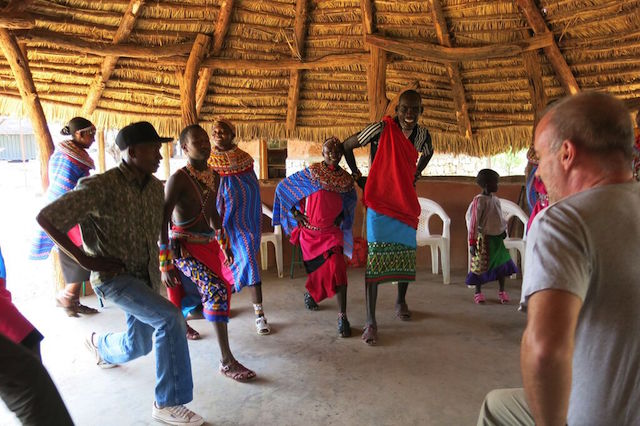
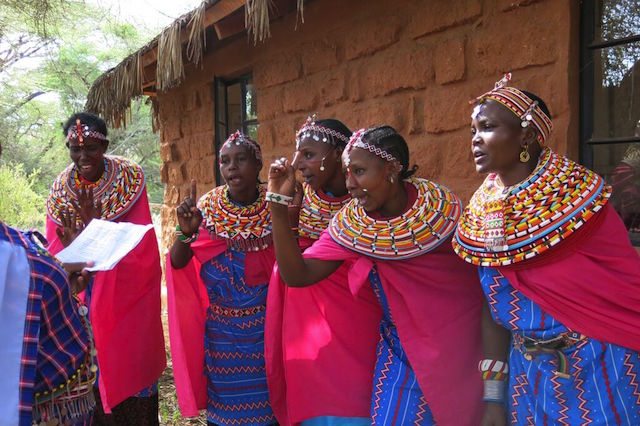
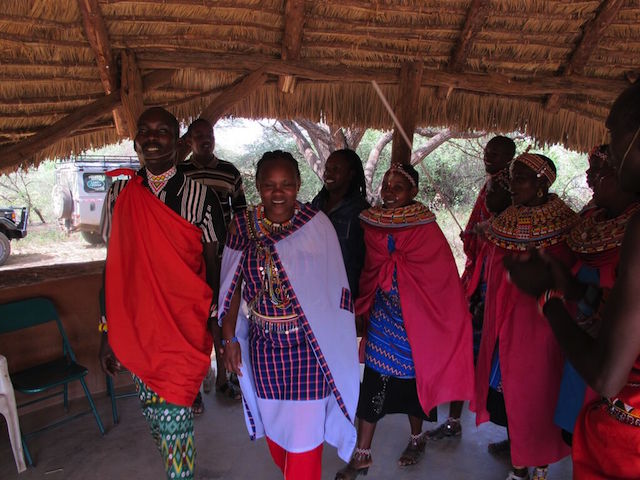
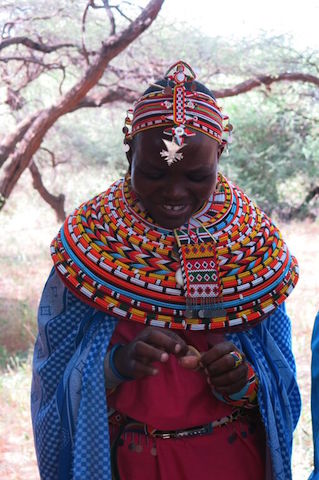
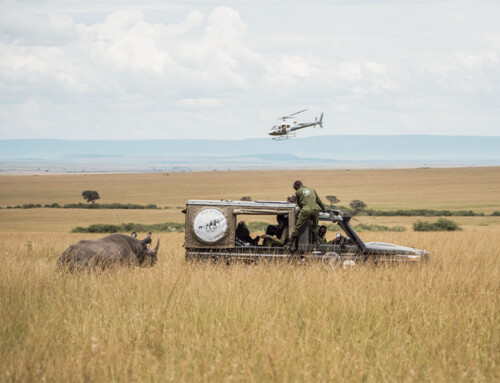
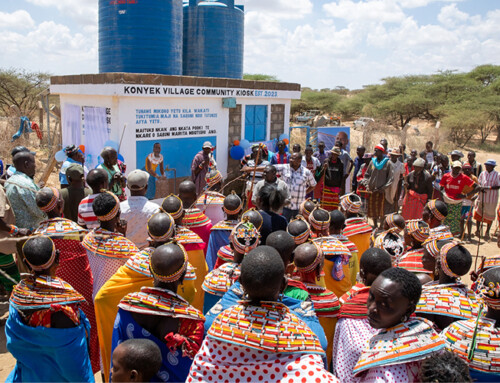
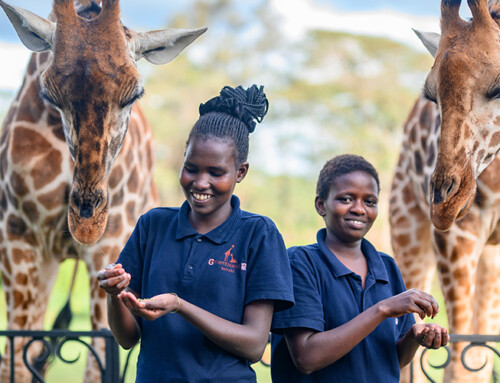
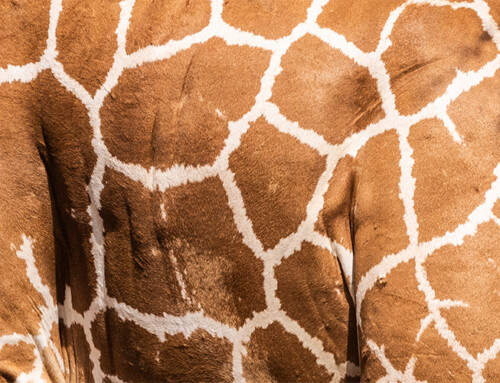
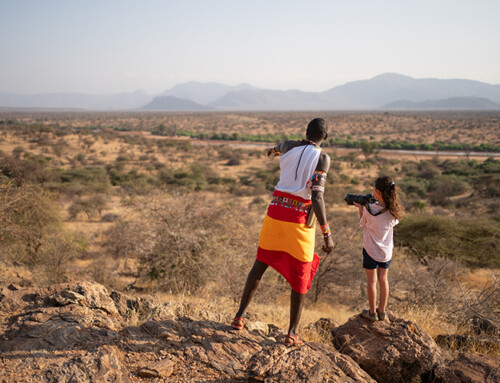
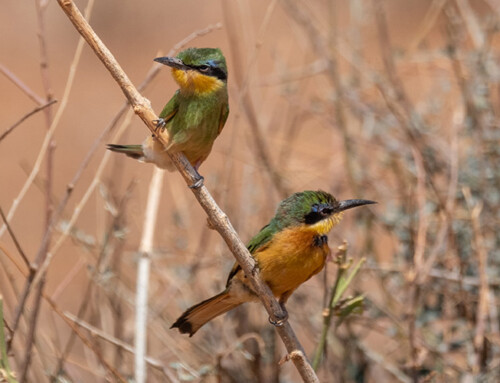
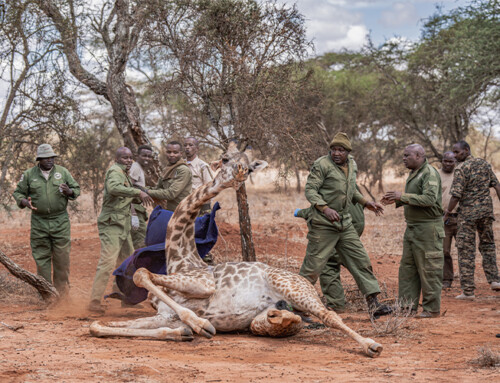







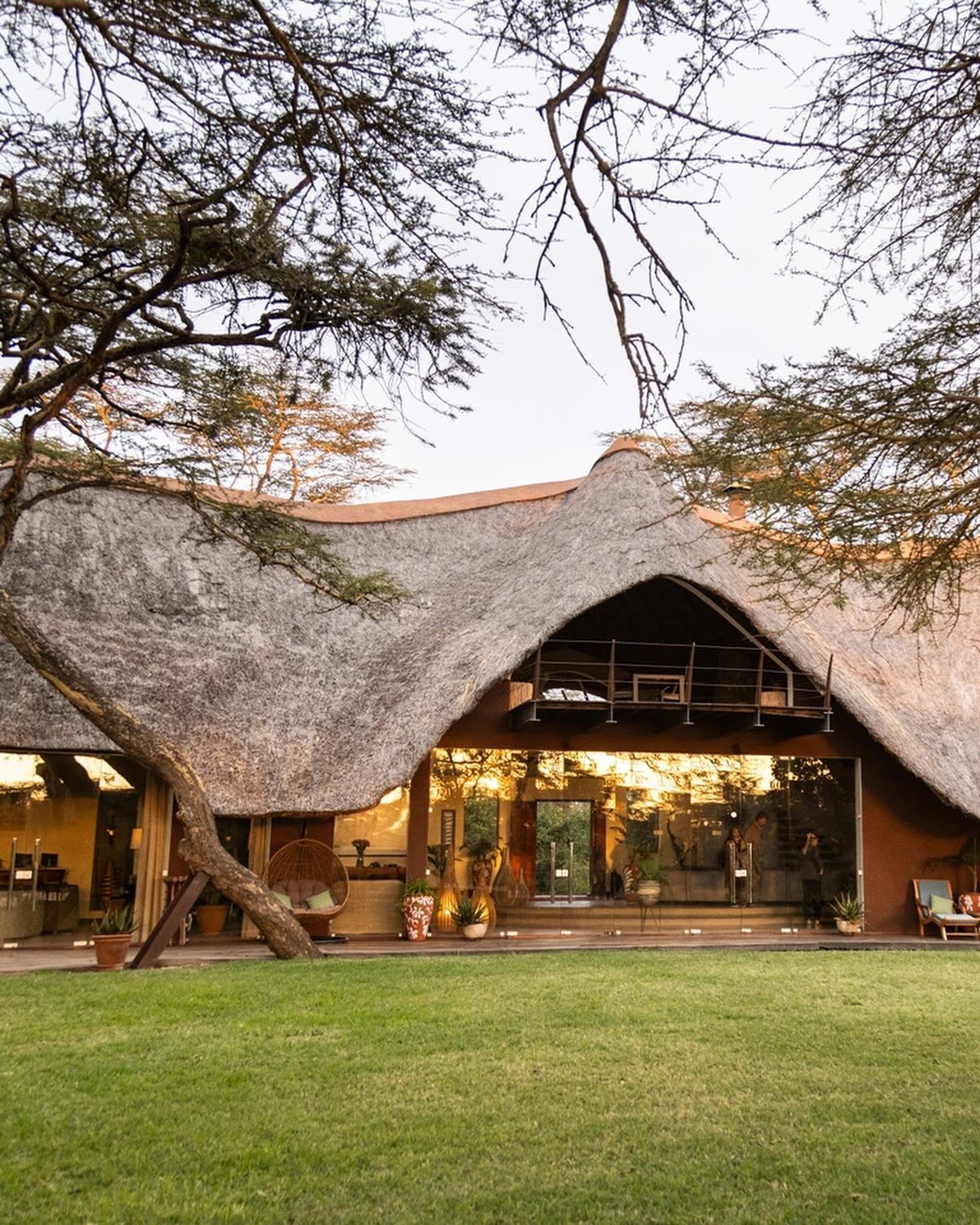
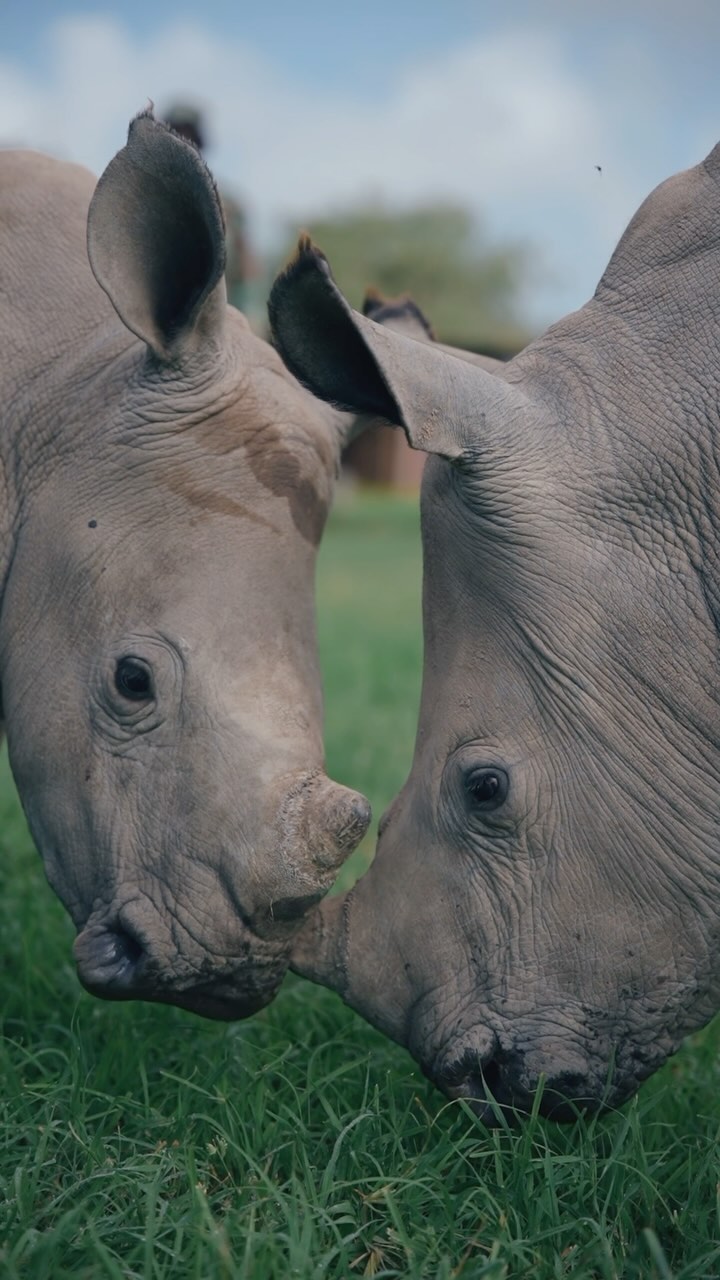
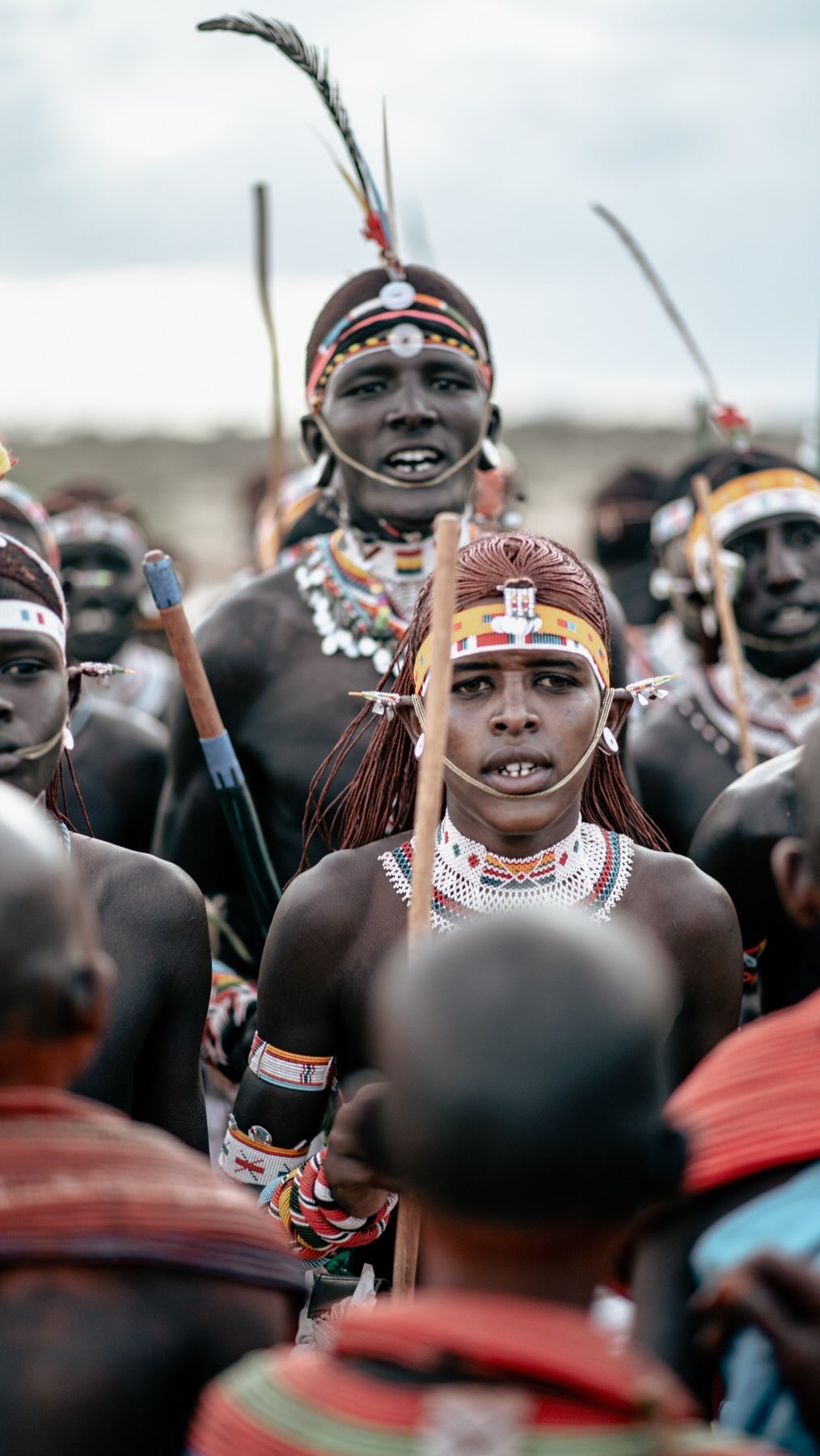
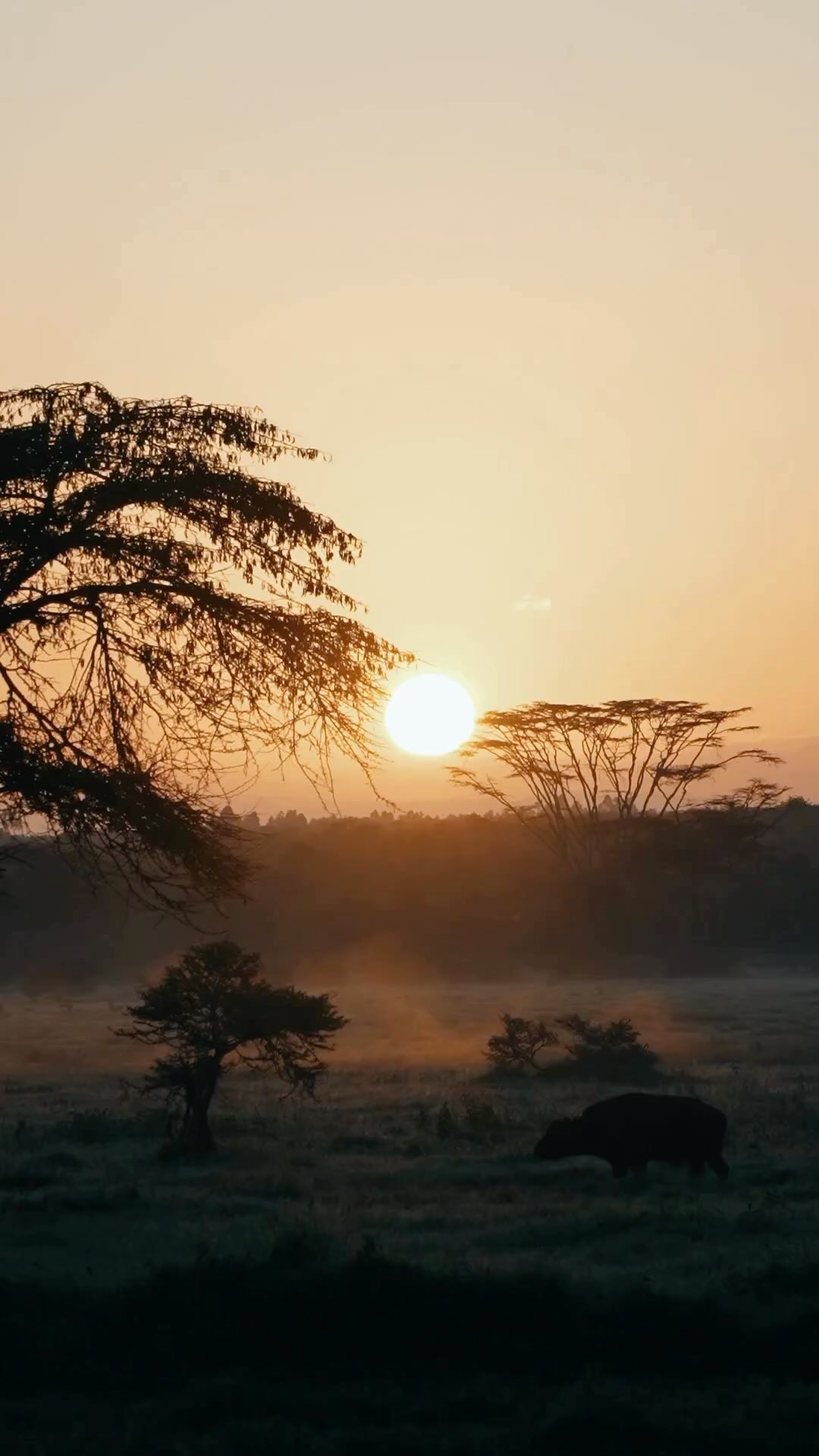



CONNECT & FOLLOW